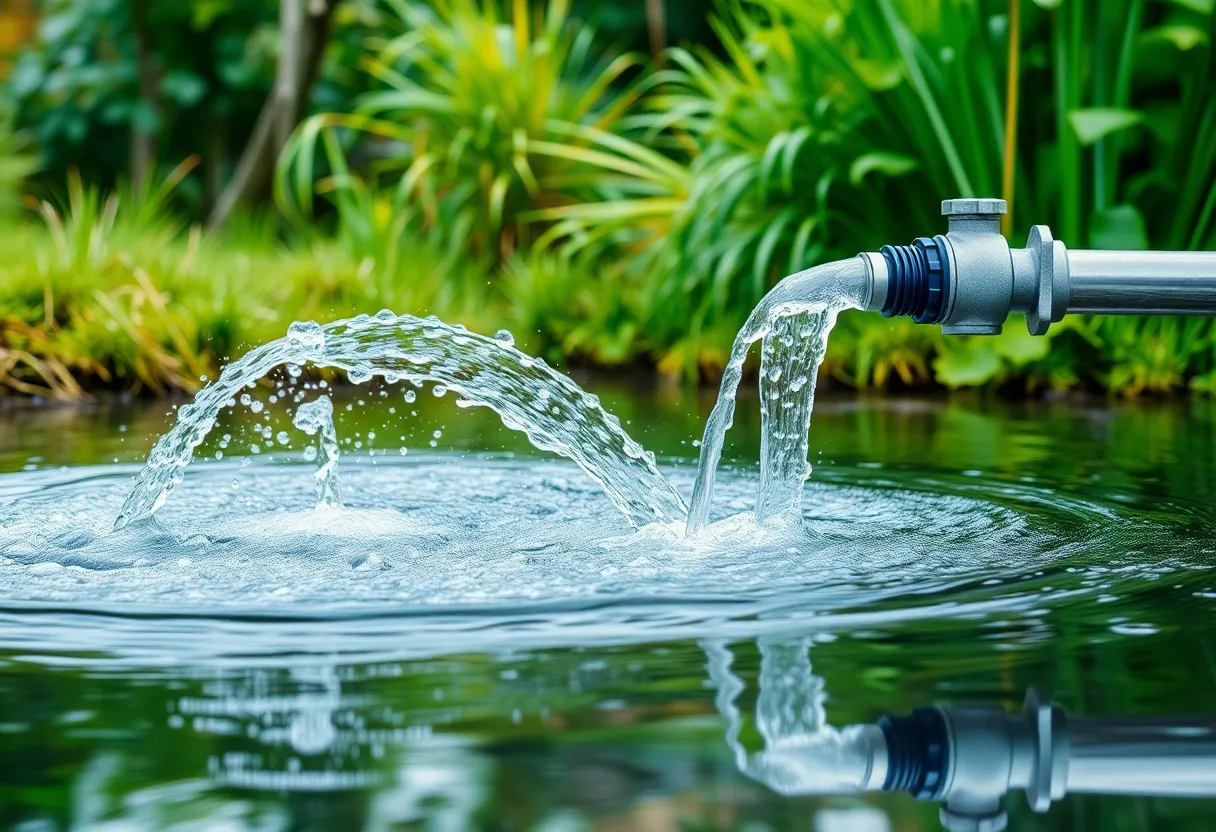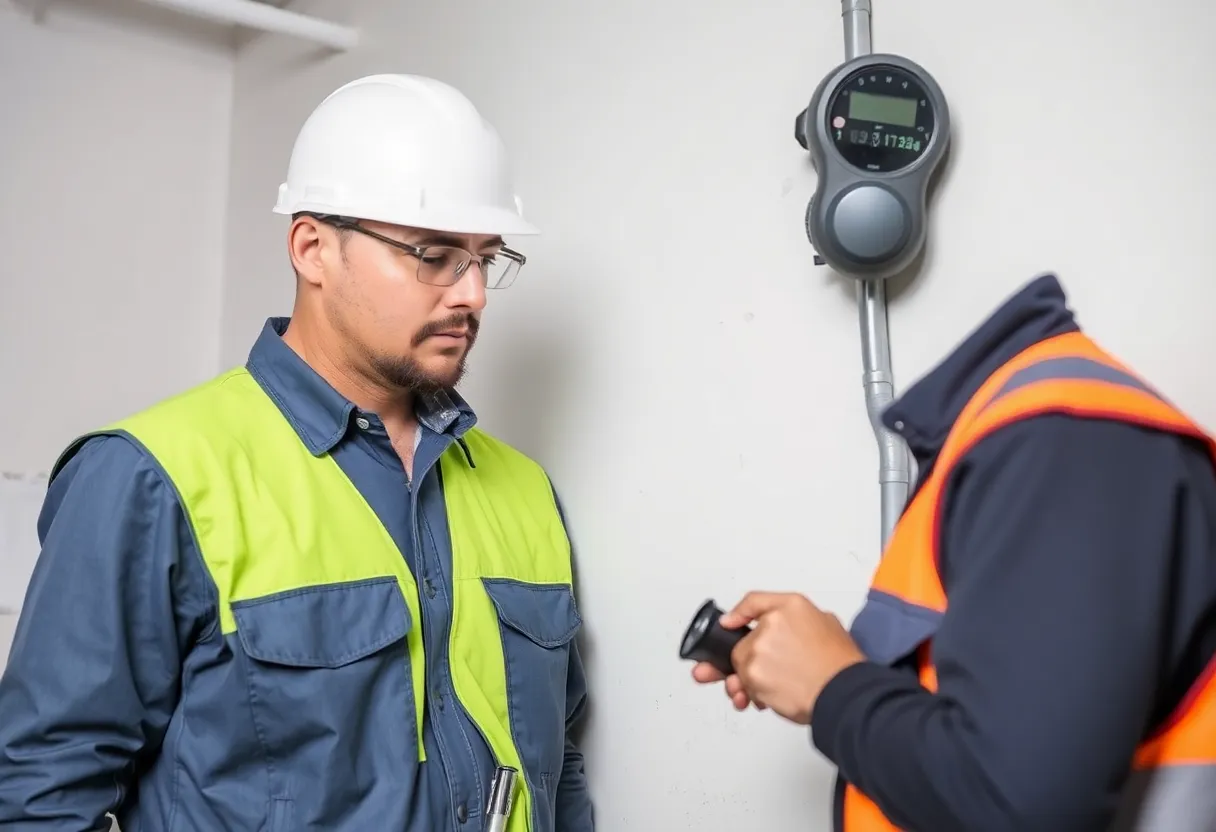The Plumbing Revelation: 10 Hidden Benefits of Investing in Smart Water Management Solutions
In today’s fast-paced world, water scarcity and inefficient water usage have become critical issues. Not only does this affect the environment, but it also impacts households and businesses alike. Fortunately, _smart water management solutions_ have emerged as a transformative way to optimize water usage, reduce costs, and promote sustainability. Here are ten hidden benefits of investing in these innovative systems.
1. Enhanced Conservation Efforts
One of the most significant advantages of implementing smart water management solutions is their role in _enhancing conservation efforts_. These systems help identify leaks and monitor water consumption in real-time, allowing users to take proactive measures. With accurate data at their fingertips, residents and businesses can significantly reduce wasted water.
Accurate Water Utilization
By leveraging sophisticated sensors and data analytics, smart water management systems provide insights into consumption patterns. This information enables users to modify their habits, further promoting water conservation.
2. Financial Savings
While there is an initial investment involved in setting up smart water management systems, the long-term _financial savings_ can be substantial. By detecting leaks and minimizing wastage, users often see a notable decrease in their utility bills.
Lower Repair Costs
Detecting leaks early can prevent extensive water damage, which can be costly to repair. Smart monitoring systems can help avert these problems, leading to significant savings over time.
3. Increased Property Value
Incorporating smart water management solutions can significantly enhance property value. Homes and businesses equipped with such systems are often seen as more attractive to potential buyers. This technology not only improves operational efficiency but also showcases a commitment to _environmental sustainability_.
Eco-Friendly Appeal
As consumers become more environmentally conscious, properties that prioritize sustainability features can command higher prices and quicker sales.
4. Real-Time Monitoring and Alerts
Smart water management systems provide real-time monitoring of water usage, which means users can receive alerts about unusual consumption patterns or potential leaks. This proactive approach helps users to act swiftly before problems escalate.
Immediate Response to Issues
For instance, if a pipe starts leaking, the system can send an alert to your smartphone, allowing you to address the issue before it becomes a significant problem.
5. Improved Water Quality Management
Water quality is essential for health and safety. Smart water management solutions can help monitor quality levels and ensure that water coming from the supply is safe for consumption. Sensors can detect contaminants or changes in water quality, allowing for swift remedial action.
Maintaining Health Standards
By ensuring proper water quality, families and businesses can reduce the risk of waterborne diseases, contributing to overall public health.
6. Efficient Resource Allocation
Smart water management systems allow municipalities and companies to allocate water resources more effectively. This optimization is vital in regions facing _water scarcity_. With real-time data, entities can make informed decisions about water distribution, ensuring that resources are utilized where they are needed most.
Supporting Sustainable Practices
Such efficient resource allocation aligns with sustainable practices that benefit communities and the environment as a whole.
7. Enhanced Operational Efficiency
For businesses, implementing smart water management solutions leads to increased operational efficiency. By reducing water waste and optimizing usage, companies can free up resources for other critical areas.
Focus on Core Business Activities
With lower water costs and minimized waste, businesses are in a better position to focus on their core activities, leading to improved productivity and streamlined operations.
8. Data-Driven Decision Making
The data collected through smart water management systems allows for more informed decision-making. Users can analyze trends over time and adjust their water usage accordingly.
Predictive Analytics
Employing predictive analytics can help organizations anticipate future water needs and consumption trends, which is invaluable for long-term planning and strategy development.
9. Simplifying Regulatory Compliance
Many areas have regulations regarding water usage and conservation, and non-compliance can lead to hefty fines. Smart water management solutions aid users in meeting these regulatory requirements by providing accurate records and usage data.
Streamlined Reporting
The ability to automatically log and report water usage simplifies compliance, allowing businesses to concentrate on their operations rather than getting bogged down by regulatory issues.
10. Increased Awareness of Water Issues
Finally, investing in smart water management solutions raises awareness about water conservation and resource management. As users gain insights into their consumption, they are more likely to understand the broader implications of water usage.
Community Engagement
This increased awareness can lead to community initiatives focused on water conservation, further amplifying the benefits of smart water management systems.
Conclusion
With the ongoing challenges related to water scarcity and inefficient management, investing in _smart water management solutions_ presents a multitude of benefits. From enhanced conservation efforts to financial savings and improved water quality, the advantages are too significant to overlook. As technology advances, these systems will become increasingly vital for households and businesses committed to sustainability and responsible water usage. Embrace the _plumbing revelation_ today and be a part of the solution for a better tomorrow.









